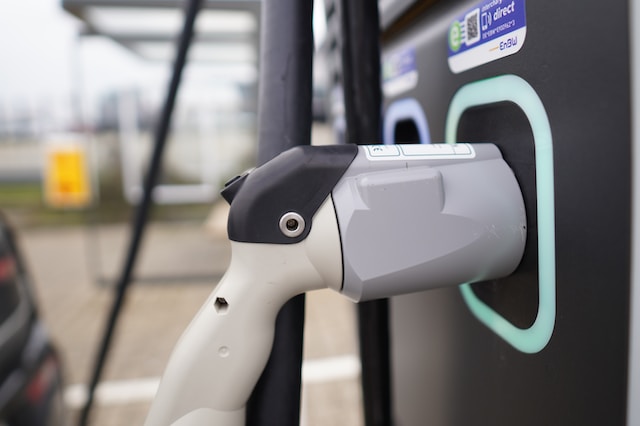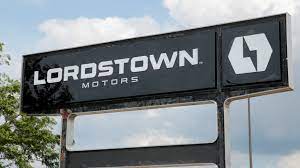As the world embraces the transition to electric vehicles (EVs), governments and regulators are taking significant steps to support the growth of the EV market. In a groundbreaking move, Washington State has recently announced plans to mandate the use of Tesla’s charging plug across the region. This decision marks a significant milestone in the state’s efforts to accelerate the adoption of electric vehicles and reduce greenhouse gas emissions. In this article, we will delve into the details of Washington State’s plan and explore its potential impact on the electric vehicle industry.
Washington State’s Mandate for Tesla’s Charging Plug
In an ambitious bid to standardize the charging infrastructure for electric vehicles, Washington State authorities have proposed a mandate requiring all charging stations to support Tesla’s proprietary charging plug. Currently, Tesla vehicles use a unique charging connector, known as the Tesla Connector, which differs from the standard charging connector used by most other electric vehicle manufacturers. By enforcing the use of Tesla’s charging plug, Washington aims to streamline the charging process and enhance the convenience for Tesla owners across the state.
Implications for Electric Vehicle Owners
This mandate is expected to have both positive and negative implications for electric vehicle owners in Washington State. On the one hand, Tesla owners will benefit from the increased availability of charging stations specifically designed for their vehicles. As Tesla remains one of the leading electric vehicle manufacturers globally, this mandate ensures that Tesla owners can access charging infrastructure without compatibility concerns, further encouraging the adoption of Tesla vehicles.
However, this decision also raises concerns among owners of non-Tesla electric vehicles. As the majority of EVs on the market utilize the standard charging connector, this mandate may limit charging options for owners of other electric vehicle brands. They might need to rely on adapters or seek alternative charging stations compatible with their vehicles, potentially leading to inconvenience and increased waiting times. It remains to be seen how the state plans to address this challenge and ensure equitable access to charging infrastructure for all electric vehicle owners.
Impact on the Electric Vehicle Industry
Washington State’s mandate for Tesla’s charging plug could have a ripple effect on the electric vehicle industry as a whole. By endorsing a specific charging standard, the state sends a clear signal to automakers and charging infrastructure providers. It emphasizes the need for standardization and compatibility to foster the widespread adoption of electric vehicles. This move might influence other states and regions to adopt similar measures, further driving the industry towards unified charging standards.
Moreover, the mandate presents an opportunity for charging infrastructure providers to upgrade their facilities and accommodate the Tesla Connector. This development could stimulate investments in charging networks and encourage innovation in charging technologies. As a result, the increased availability of charging stations compatible with Tesla’s plug may alleviate range anxiety among prospective EV buyers, promoting consumer confidence and ultimately driving the demand for electric vehicles.
Conclusion
Washington State’s decision to mandate Tesla’s charging plug signifies its commitment to supporting the electric vehicle industry and advancing the transition to sustainable transportation. While the mandate offers benefits for Tesla owners, it also raises concerns about compatibility and accessibility for non-Tesla electric vehicle owners. As this initiative unfolds, it will be crucial for the state to address these concerns and ensure equal access to charging infrastructure for all electric vehicle owners. Overall, this move could have far-reaching implications for the electric vehicle industry, encouraging standardization, innovation, and the continued growth of sustainable transportation.












